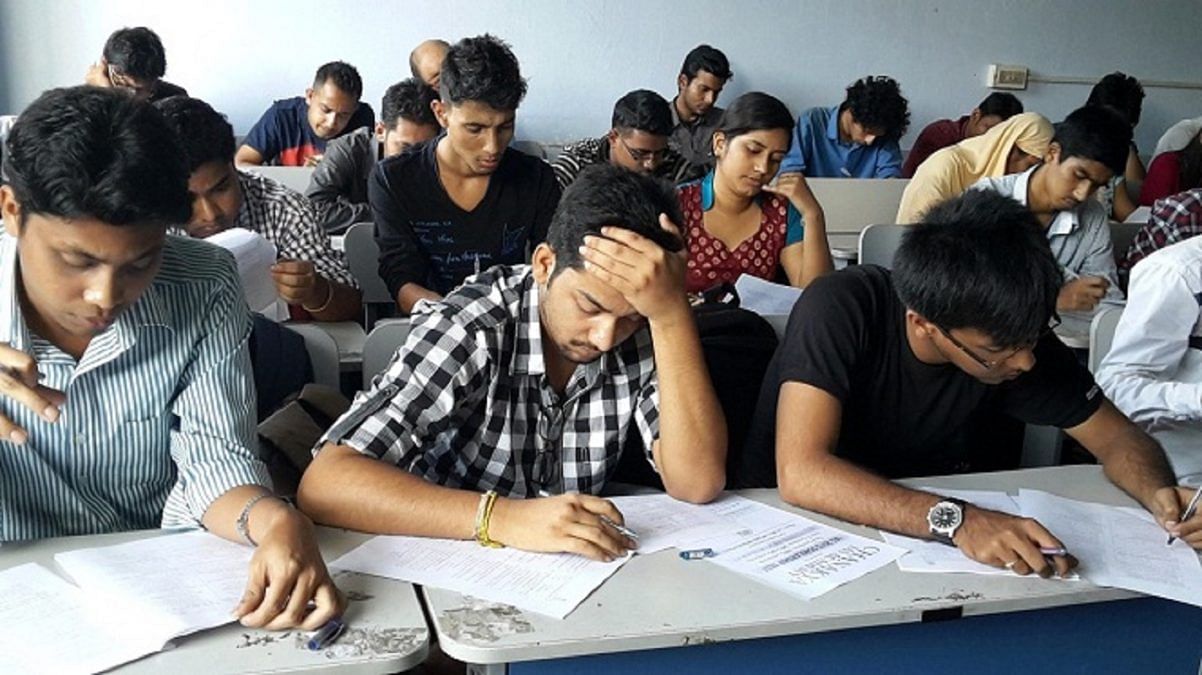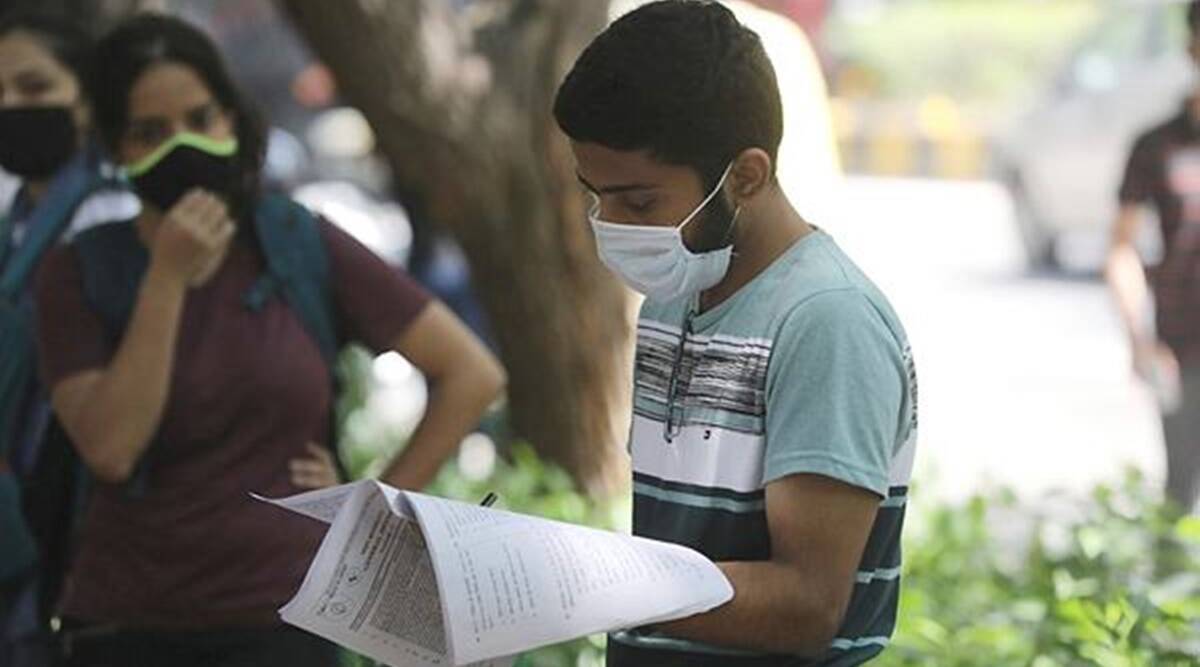Every candidate preparing for the UPSC exam is faced with this, and the first thing they do is research whether the IAS exam is difficult or simple. Around ten lakh people apply for the exam. However, only about 5 lakh of the ten lakh hopefuls typically sit for the preliminary exam. Half of the candidates abandon their plans even before taking the exam because they believe they are unprepared to take it. As a result, even before the exam begins, the competition has been reduced to 5 lakh candidates.
-
Factors Determining the Difficulty of Exam
Clearing the UPSC is not a difficult task. It’s a common misperception that the UPSC exam is solely for university graduates. With mediocre academic records, anyone can pass the UPSC exam. All that is required is a great blend of hard labor and smart work, as well as determination.

A candidate must pass the previous level before moving on to the next. And it’s no secret that as the level progresses, the difficulty level increases as well. The most difficult duty is to pass the interview since, at the last stage, not only your knowledge but also your general personality and ability to deal with practical obstacles are assessed.
The test schedule and extensive curriculum are the key factors that make applicants believe the IAS exam is difficult. UPSC also publishes the Syllabus along with the announcement. This will be 2-10 pages long, giving candidates the impression that the syllabus is big and weighty. The UPSC syllabus is, in reality, thoroughly constructed.

The syllabus is defined word by word, whether it is for the preliminary or the main examination. This exam method is stringent when compared to other exams. Many tests, such as the CA, require a candidate to pass each level one by one. They only have to reappear for the same if they fail at any level. However, this option is not present in the UPSC IAS exam.
Also, To prepare adequately for the UPSC exams, takes at least a year. It is impossible to complete the extensive course in a single day. It is essential to plan ahead and prepare well. There are lakhs of applicants, and the success rate is only 0.5 percent, which is quite low.

So, unless you work effectively, your prospects of getting into services are slim. UPSC assesses not only IQ but also a wide range of skills like reading, writing, time management, understanding, aptitude, logical reasoning, language, and personality.
Of fact, the UPSC is unpredictable, but it is far from insecure. They are free to ask questions from wherever, however, they must ask questions within the UPSC syllabus. You would be able to identify topics from which questions may be asked if you properly practice past year’s UPSC exam papers. UPSC never asks a question unless there is a good reason for it.
-
Conclusion
You’ll need to arm yourself with the most up-to-date exam requirements. There is, however, no need to be alarmed. Do not believe that only the most exceptional can pass this exam.

For the time being Because the number of positions is restricted, most candidates will have to apply more than once and wait several years to be accepted into the elite service. But the wait is well worth it.
Also Read: Innovation & Creativity; A Vital Part In Education









